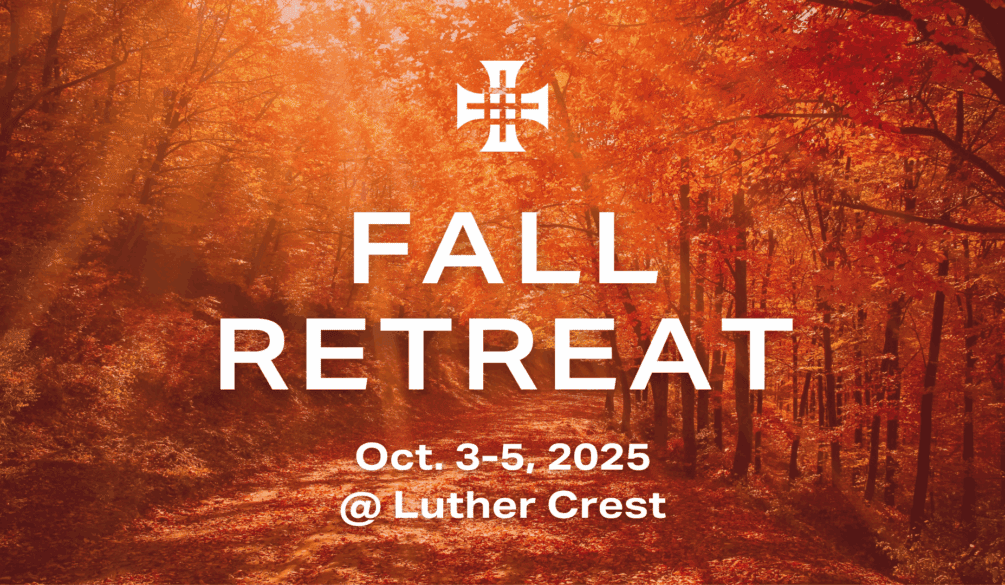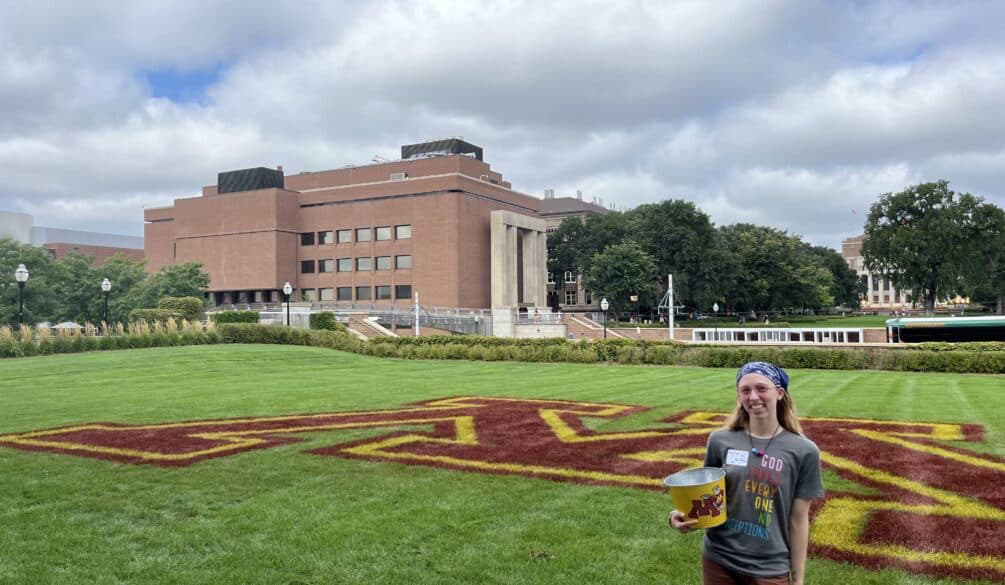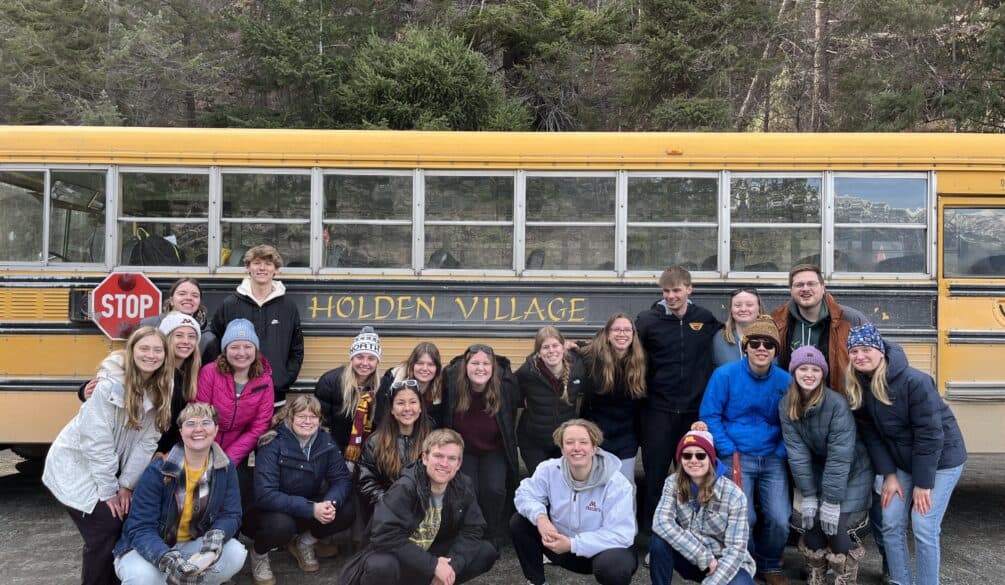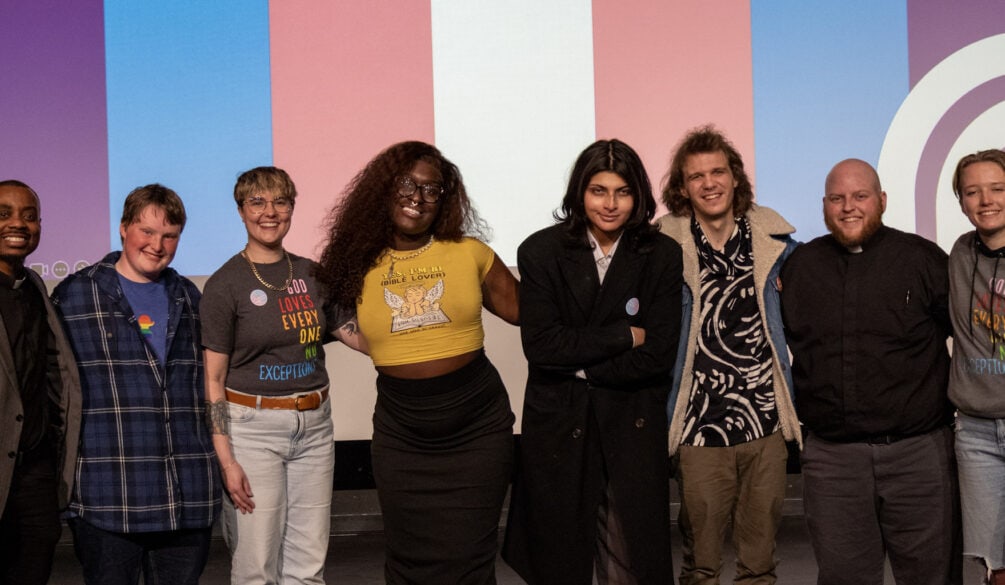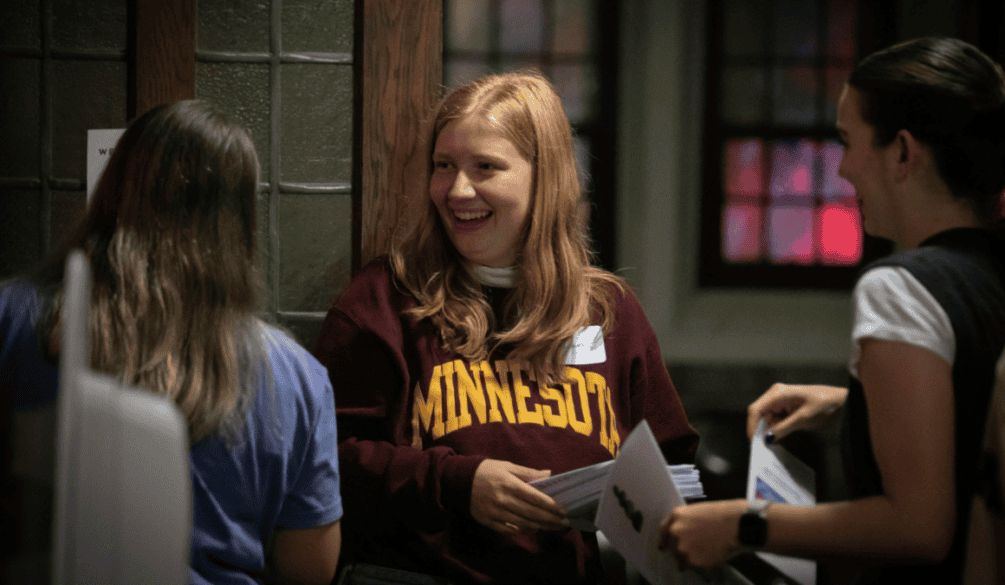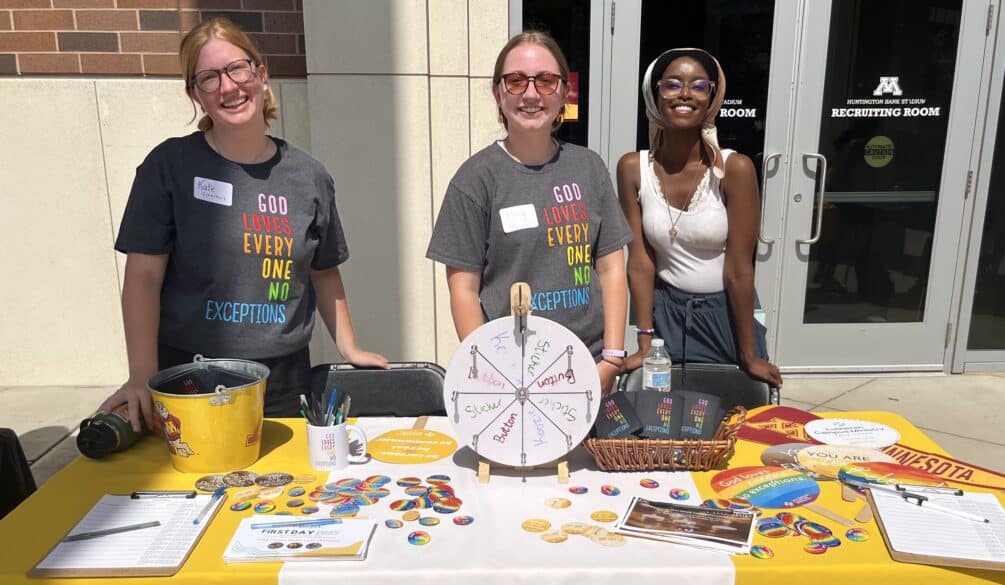2025
Take a breath and rest on the Fall Retreat!
While it might be in the 80s on campus this week, our community is excitedly looking forward to one of the best parts of our year together: the Fall Retreat! Don’t miss out on this restorative opportunity to get off campus, explore creation, connect with God, and get to know new friends!
2025
Interested in an LCM Bible Study?
God created us for connection and belonging, and to find these in God certainly, but we’re also made to find connection and belonging amongst each other. Bible Studies offer a chance to connect meaningfully in a smaller group, to get to know good and interesting people, to pray together, and to explore and wrestle with scripture with other students!
2025
Pastoral Reflections | Spring 2025
In mid-February, when the temperature was below zero, just before our pause worship at 8pm on a Wednesday night, I noticed a newer student lingering by the entrance to the sanctuary at Grace University Lutheran Church. I introduced myself and asked her how she found us. She simply said, “I’m not religious at all, but I just thought I should start coming to church.”
2024
Northern Ireland – Spring Break – Reflections
After many hours of travel, 16 LCMers, one staff member, and one pastor arrived at Dublin Airport only to encounter our first challenge of the trip: finding our bus driver. Luckily, after only a few minutes and frantic phone calls we located Nigel, a cheery yet taciturn local who ended up driving us around for the week and teaching us Irish sayings.

